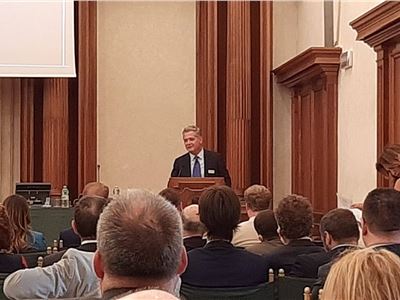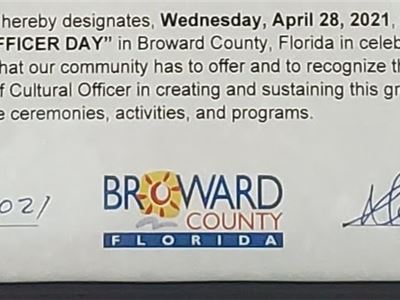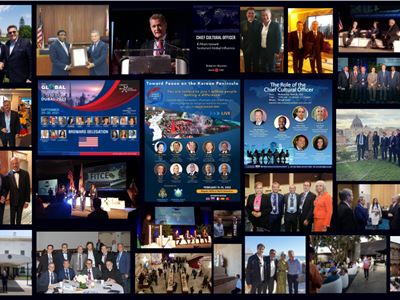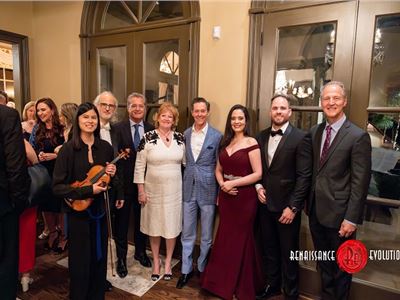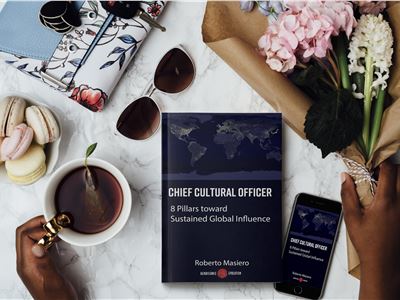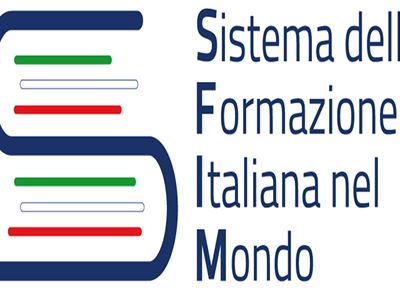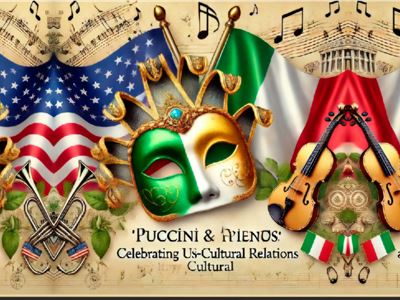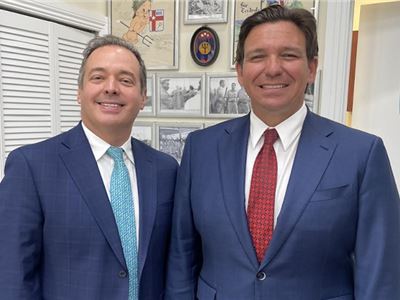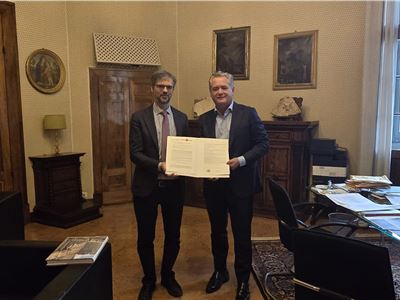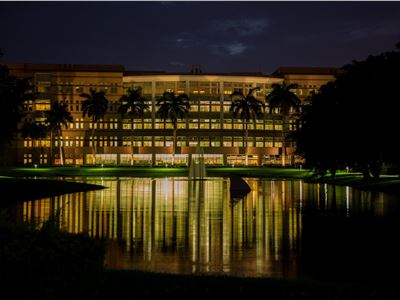This is the official translation of the article published in Listín Diario, founded in 1889
Culture is fundamental in building prosperous and resilient societies in a constantly evolving world. It is a reflection of a people's identity and a strategic tool for economic development, diplomacy, and innovation. The preservation, promotion, and adaptation of culture to the challenges of the 21st century are crucial to strengthening the social fabric and projecting a future vision based on solid values.
The Chief Cultural Officer: A New Leadership Model
The Chief Cultural Officer (CCO), equivalent to a Cultural Director, emerges as a key figure in strengthening ties between cultures and fostering human understanding. This leadership has become an essential pillar in the business, academic, and governmental worlds, consolidating culture as a transformative force in strategic decision-making. The CCO training program, led by the Renaissance Evolution Academy, is based on the book Chief Cultural Officer: 8 Pillars Toward Sustained Global Influence, written by Dr. Roberto Masiero, a technology entrepreneur and philanthropist. His vision integrates cultural leadership, education, and diplomacy to design an innovative approach that harnesses culture as a driving force for innovation and progress.
Culture and Innovation: An Indissoluble Binomial
Technological development and culture are not separate spheres but complementary ones. The greatest civilizations have been those that successfully integrated scientific knowledge with artistic creativity. Today, artificial intelligence, the metaverse, and cultural digitization are revolutionizing how we preserve and disseminate humanity's heritage. The convergence between culture and technology not only preserves collective memory but also projects new forms of expression and citizen participation.
Economic Impact, Security, and Prosperity
Investing in culture generates a significant impact on economic development. Sectors such as the creative industry, cultural tourism, and artistic education contribute to job creation and boost local economies. Additionally, culture fosters fundamental values such as ethics and a sense of belonging. The CCO certification program has been recognized for its global impact, including the proclamation of Chief Cultural Officer Day in Southeast Florida. Likewise, certifications were awarded in a prestigious event at the Italian Senate, further consolidating its recognition at high levels. Currently, a global network of 250 Chief Cultural Officers already exists, sharing experiences and opportunities, strengthening the impact of this movement across various industries and regions.
Voices of Cultural Ambassadors
Forbes has recognized Olinda Salguero as a prominent leader in Latin America. She states: "The CCO is an essential bridge in a polarized world. Our work enables communities and businesses to find common ground and thrive together. Many of today’s global conflicts stem from our inability to understand one another. Culture is the foundation of society and a bridge for peace." From a political perspective, H.E. Giorgio Silli reflects: "Cultural dialogue is not optional; it is necessary to build stronger democracies." In the world of classical music, Maestro Lorenzo Turchi-Floris emphasizes: "Culture transcends barriers. As a CCO, my responsibility is to bring music to places where inspiration and hope are needed." His career as a composer and orchestra conductor showcases the transformative power of art. From the business world, Andrés Castro, Global Digital Sales Lead at Puma, adds: "The CCO role has allowed me to integrate Latin America's cultural richness into global strategies, connecting audiences and setting trends." Meanwhile, Father Isaac García, rector of Nordestana University, states: "In an era where the greatness of a nation is defined by its cultural leadership and commitment to traditional values, we are excited about the possibility of integrating this certification into our academic offerings. The CCO role is essential in preparing leaders with a global and humanistic vision."
Culture and the Greatness of America
The cultural renaissance of a nation not only protects its legacy but also projects its greatness onto the global stage. History teaches us that the most advanced civilizations have been those that understood the importance of culture as a driver of change and strength. Now more than ever, we must reclaim its value and work together to ensure its legacy for future generations. Cultural promotion is also a key strategy in global diplomacy. As Ambassador Michael Patrick Murphy highlights:
"Culture is an essential tool in diplomacy and global development. Strong cultural leadership builds bridges between nations and strengthens international cooperation." The preservation of cultural heritage has been a priority in various administrations, including the promotion of classical architecture spearheaded by Melania Trump. This approach underscores the connection between cultural heritage and the spirit of innovation that defines a nation. A strong country acknowledges its roots and projects them into the future as a symbol of progress and leadership. It is imperative that both the public and private sectors recognize culture as a cross-cutting axis in policy formulation and development strategies. The creation of cultural leadership training programs and support for heritage preservation and artistic production initiatives should be national priorities. Societies that invest in culture not only protect their identity but also project their influence internationally. History teaches us that the most advanced civilizations have been those that understood the importance of culture as a force for change. Now more than ever, we must reclaim its value and work together to ensure its legacy for future generations.
A representative from the Renaissance Evolution Academy affirms: "The importance of studying the past to understand our present and shape our future is fundamental. By adopting and mastering technological tools, we can help mold a strong and prosperous future—not only economically but also ethically—promoting the 'pursuit of achievement' in the arts and technologies. These teachings come from the Renaissance but also represent the pillars of a modern American society."
The world now needs Chief Cultural Officers more than ever—ambassadors of freedom of expression, collaboration, and prosperity. Culture is the pillar that will sustain future generations, and its promotion must be a priority in all spheres of society. Listín Diario takes pride in highlighting initiatives that inspire and transform societies.
- Tags:
- Categories: Books Business Culture Education Chief Cultural Officer Artificial Intelligence



